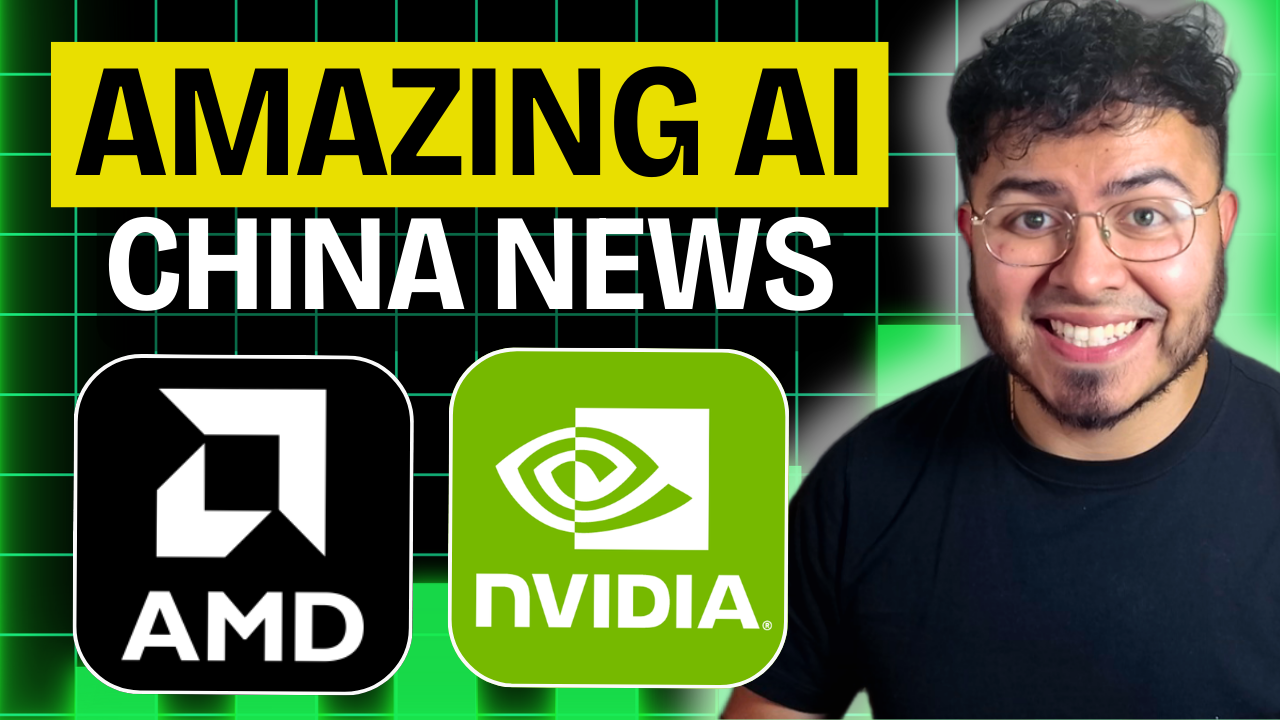What happened
Product shortages are generally bad for business -- unless you're in the business of making the product that's in short supply. It's for this reason that shares of semiconductor manufacturer Nvidia (NVDA 0.15%) -- a supplier of chips for everything from playing video games to mining cryptocurrency to performing artificial intelligence tasks -- have benefited so much from the global semiconductor shortage over the past couple of years, more than doubling in 2020 and gaining another 65% so far this year. But all good things must come to an end. As of 11:29 a.m. EDT today, shares were down 2.22%.
And Elon Musk says this semiconductor shortage will end as well.
Image source: Getty Images.
So what
As Reuters reports, the CEO of electric car company Tesla (TSLA 3.42%) characterized the shortage that's been strangling production of automobiles this year as "short term I think," when speaking on a panel Friday during Italian Tech Week.
Chipmakers are building new semiconductor plants, and planning to build even more, to capitalize on the global shortage of computer chips and the high prices that this has spawned. As a result, Musk predicts that "we will have good capacity for providing chips by next year."
Now what
Precisely when next year this capacity will come on line, and how long it will take for chip production to catch up with backlogged demand, remains an open question. Still, Musk's comments tally with predictions from market intelligence source IDC earlier last week, which forecast "easing" of the shortage "through 4Q21," "normalization and balance by the middle of 2022," and even "a potential for overcapacity in 2023 as larger scale capacity expansions begin to come online toward the end of 2022."
Suffice it to say this is probably why Nvidia investors are nervous today and bidding its stock down. The semiconductors industry has historically been cyclical, characterized by busts as well as booms. If this cycle resumes in 2022, or even 2023, then the gains Nvidia stock has enjoyed over the past two years could prove just as short term as the chip shortage itself.







